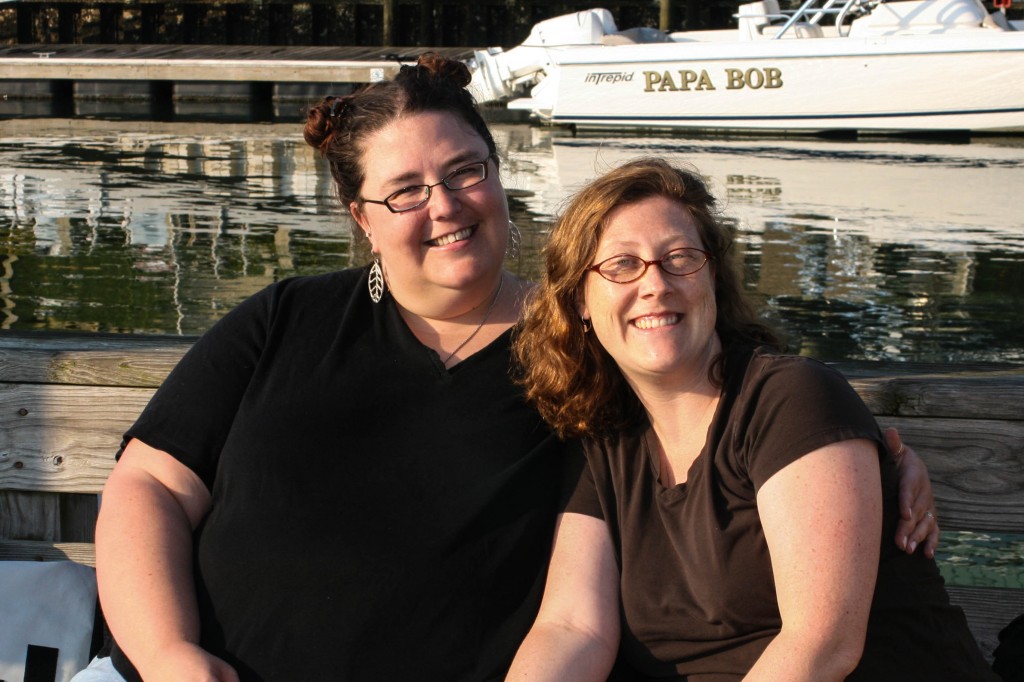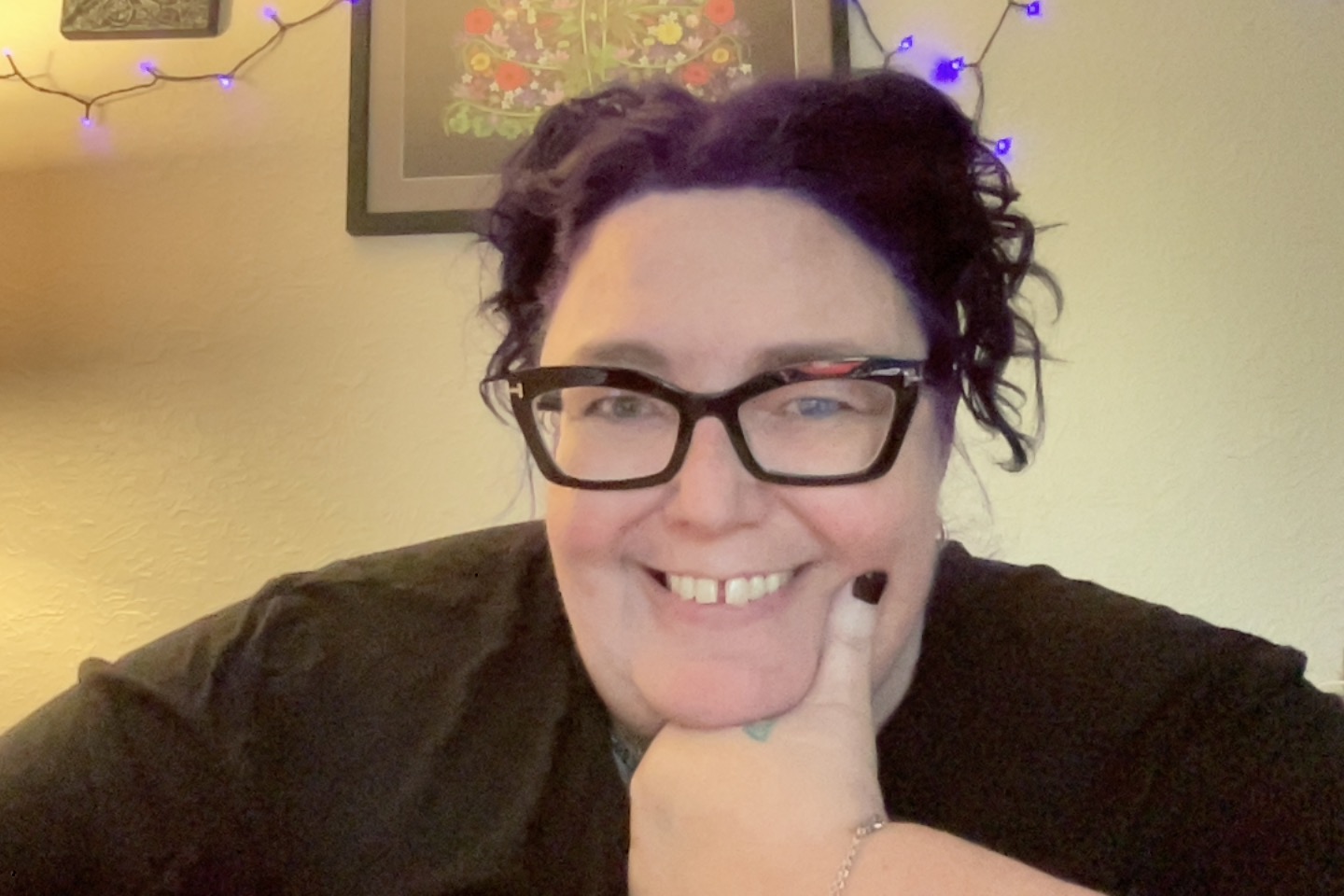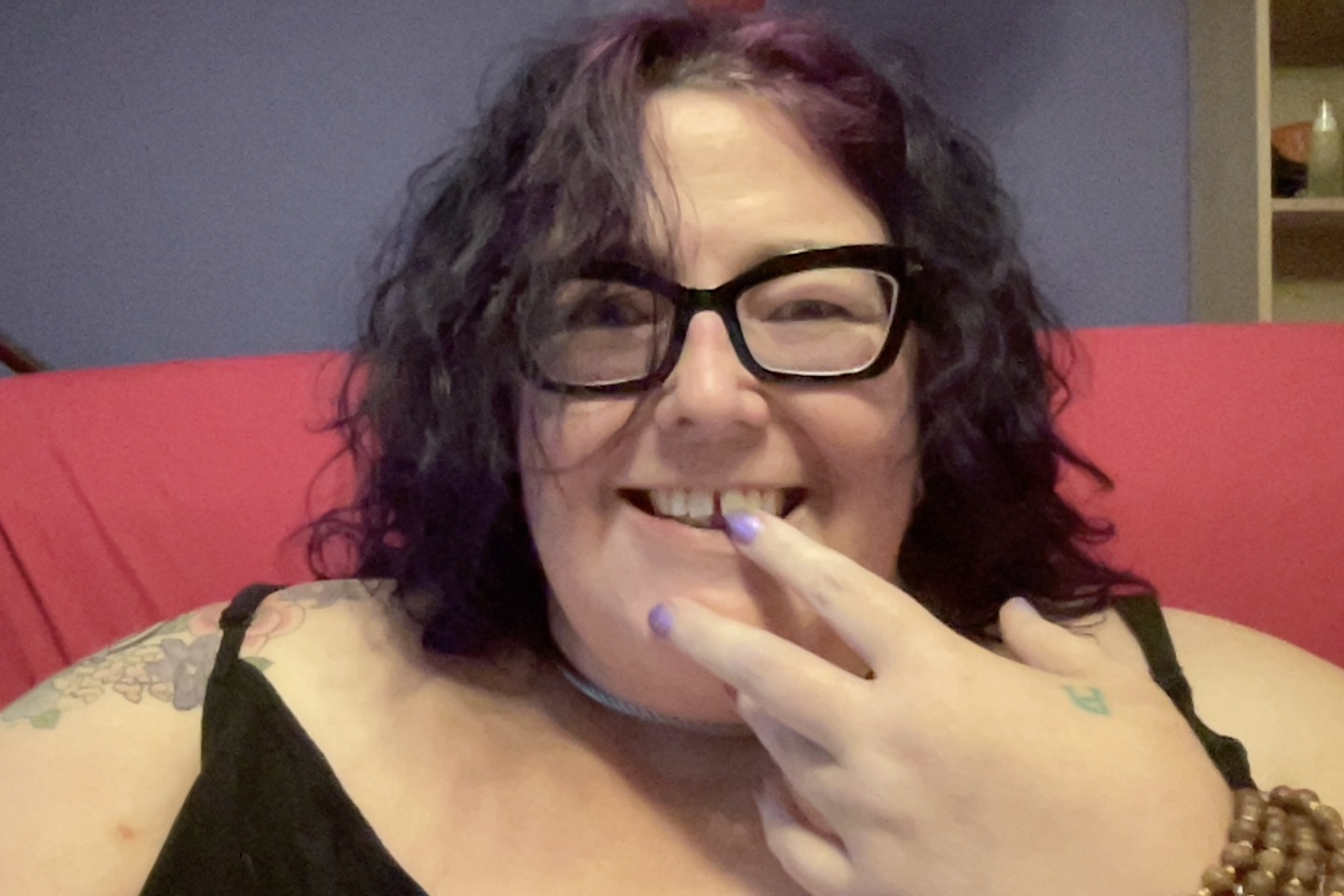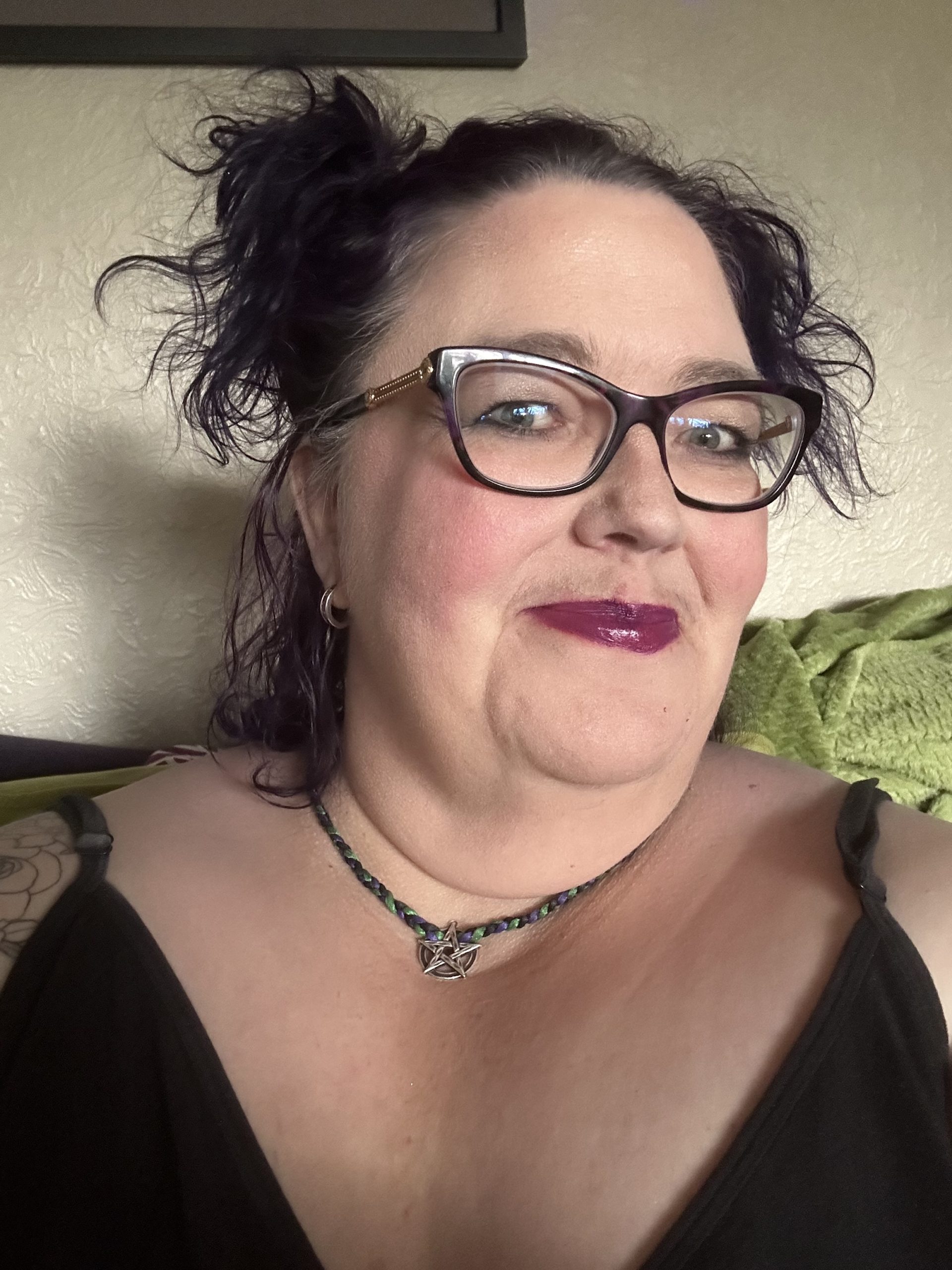….[A]s Zora Neale Hurston said, ‘If you are silent about your pain, they’ll kill you and say you enjoyed it.’ We can’t be silent. Liberated fat people who seek no approval and seek no thinness must speak. If we are silent about our stories, we will be defined to meet the needs of others. And if we are silent about our joy, they will destroy us and say we had nothing to live for anyway.
Savala Nolan, “Happy Fat People Should be Shouting from the Rooftops,” Medium, 21 March 2023
Check that last sentence again, knowing that I believe every bit of it. “And if we are silent about our joy, they will destroy us and say we had nothing to live for anyway.”
[They will] “…say we had nothing to live for anyway.”
This sentence brings me back to “If you don’t have your health, you don’t have anything.” What does that even mean? What does it mean to be “healthy”? And who gets to decide? And how fucking ableist is it?!
Someone close to me said once, “I’d rather die than be stuck in a wheelchair.” My father asked me to kill him if he ever had a stroke and lost his “faculties.” (I hope you are relieved know that I declined his offer.) And there are so many Americans who have said in studies that they would rather lose a limb than be fat. People without limbs can—and do—have fulfilling lives. And so do fat people.
For those who may not have considered this expression, “You don’t have anything if you don’t have your health,” do you see why it’s ableist? Do you see how it tells millions (at least) of disabled or sick people that they “don’t have anything”? And by extension, how not having anything invalidates their whole lives.
If we have nothing, then we have nothing to live for.
Nothing to live for: No hope of generativity, of making a positive or worthwhile change in the world. No one to love or who loves us. No sexuality. No humor to share. No ideas to have. No imagination with which we can change the world for the better. And if we do not have any of this, then why are we even here? We have become expendable.
Disabled people and fat people (as well as those of us who are both fat and have disabilities) hear versions of these chants over and over and over. The underlying message—the world would not miss you if you were gone—is only too clear. And though most people do not intend to send that message, it does not change the fact that they send it. Just because you don’t intend to say something doesn’t mean you haven’t said it. Thoughtlessness may be just as harmful as malice.
And now, from the Nolan quotation, “they will destroy us.”
They (or is it “you”?)—those who discount our lives, who say in one way or another that we have nothing to live for—will destroy us. Medical professionals will deny us adequate or appropriate healthcare. Insurance companies, ambulance services, the companies that make beds and gurneys and chairs will refuse to pay their share or provide us what they provide others. Behavioral health professionals (licensed counselors, social workers, and psychologists, for example) will “prescribe” weight loss as the key to our psychological well-being. (See lack of appropriate healthcare, above.)
And some of us will follow the instructions we have been given and divest ourselves of healthcare entirely because it’s just awful all the time (whether we’re sick on unwell or perfectly fine!), and sometimes die by suicide. Fat people don’t have lower rates of maintenance healthcare because we think it’s a good idea. We have them because healthcare providers have been horrible to us, we have been forced into beds, chairs, gurneys, and tables that do not fit us, and we have been told that losing weight will fix all our problems.
We will pay the “fat tax” over and over and over again. I mean this literally and figuratively. Yes, I have to get my clothes online and not in brick-and-mortar stores. Yes, many of the “progressive” political t-shirts I want are not available to me. Sure. That’s the fat tax. But wait! There’s more.
My household has paid tens of thousands of dollars because our (otherwise very effective) health insurance would not pay for necessities for me. A bed that is rated to 250 pounds is of no use to me.
I asked my nurse practitioner, “What do people do? How do they manage? What if we hadn’t been able to afford the things I needed? How do fat people live?”
She looked me in the eye and said, “They don’t. They die.”
Finally we come to the beginning of the original sentence from Savala Nolan: “And if we are silent about our joy…” Our joy.
More than hope. More than generativity. More than fruitfulness. More even than love. More than all these things, it is joy that fat antagonism says we may not have. We must live in misery. Both in the sense that smaller-bodied people cannot believe it is otherwise and in the sense that it is imperative. We must suffer the flames of perdition in this life for the sins of our bodies’ existence.
This idea that fat people must not have joy, is a lie. It is a terrible, terrible lie. Tragically, it is a lie that both fat people and smaller people believe. It is a lie that we take in every day, and many of us believe it with our whole hearts.
At least, it looks like we believe it with our whole hearts. I pray that we don’t.
I pray that we all, but especially fat people, can get away from the lie. I pray we can find the seedlings and shoots of joy and nurture them gently and persistently. Friends, you do not deserve despair. And further, if health is important to you, then you need to remember you cannot despair your way into, cannot hate yourself or hate your body, into health. (If health is even a great virtue, but that’s another post!)
So then let’s claim joy at every opportunity! Let’s be profligate in giving and receiving pleasure, delight, splendor, ALL the joy. Let’s take it in with both hands and arms and legs and ears and nose and mouth. Let’s insist that it is okay to be gentle with ourselves, acknowledging that we may rarely have been handled with gentleness untainted by pity or disgust.
Right now, outside my living room window, the bamboo sways, the buds on the cherry are red and waxy, and the sun is shining silver through the raindrops leaves are holding. My wife—she with whom I have loved, body, heart, and soul these last two decades—sits on her loveseat, just inside the window. She looks weekend-yoga-pants sweet, auburn hair pulled back and eyes focused on her computer as she considers the Sunday Times crossword.
My nails are dark, vampy red and glassy with a great top coat, and I am wearing “Rebel” by MAC, my all-time favorite lipstick. Not only that, not only all of that, but my hair is long enough now that I can make it into a “hairstack” of royal purple locks piled up.
And my epic ass is the biggest one I’ve ever known in person; I am buoyant, no matter how I feel! My loose, fifty-year-old breasts feel pleasure and give it back again. My belly is soft, so soft, and is a wonderful place for a lover to land or for my own hands to touch and remind me of my center.
My friends, my loves, my playmates… My love, my hope, my pleasure… My stripes and spots and kinks… My religion, my politics, my dreams of the future… There is joy in all these places.
My life is full of joy. It is not exclusively joyful, but it is often joyful, and it is joyful in many ways. There are all the caveats I am tempted to make—“not exclusively joyful” being one. But I won’t make any more. I resist. Today, this very minute, I am telling you about one very, very fat woman’s joy.
My joy.




Thank you for this. It is both beautiful and true.
I look forward to reading your thoughts and being in conversation about what appears here.
I am already loving the first two posts, I look forward to more.
I’m so glad you’re here. It’s such great encouragement!